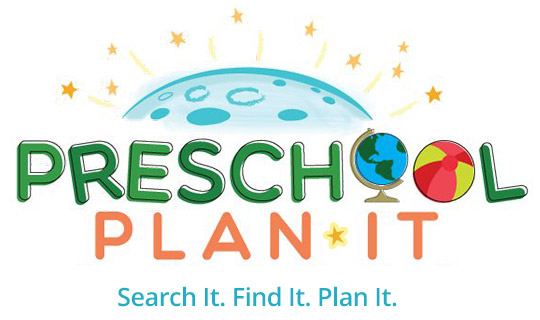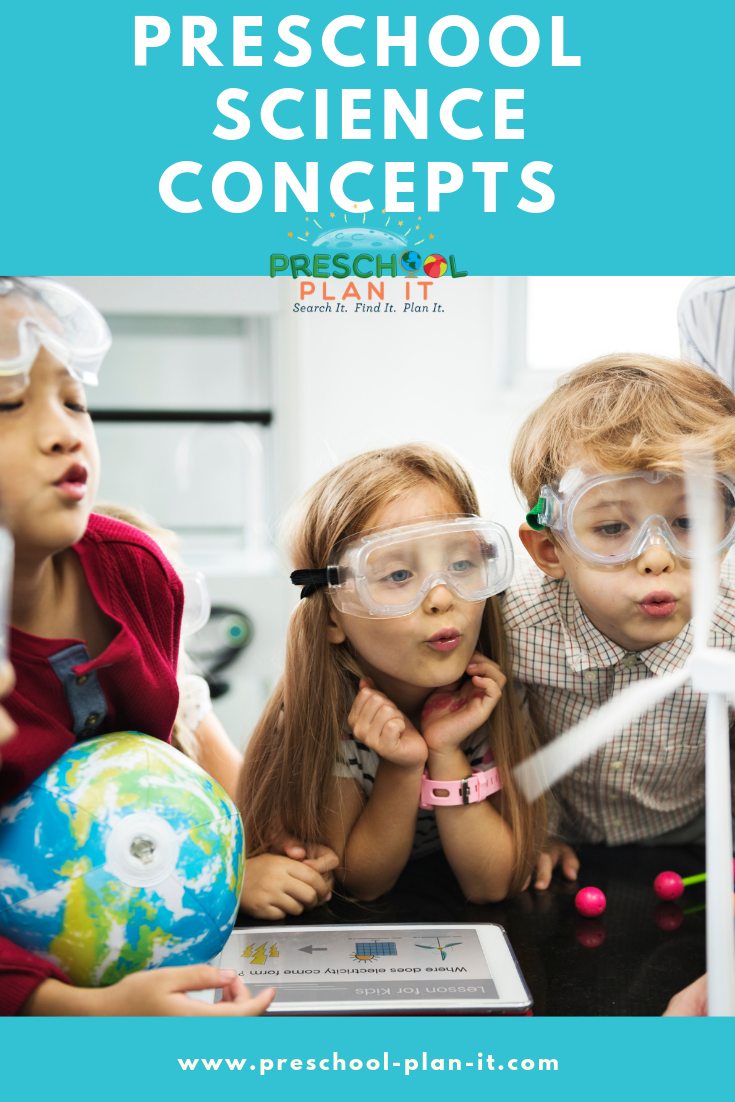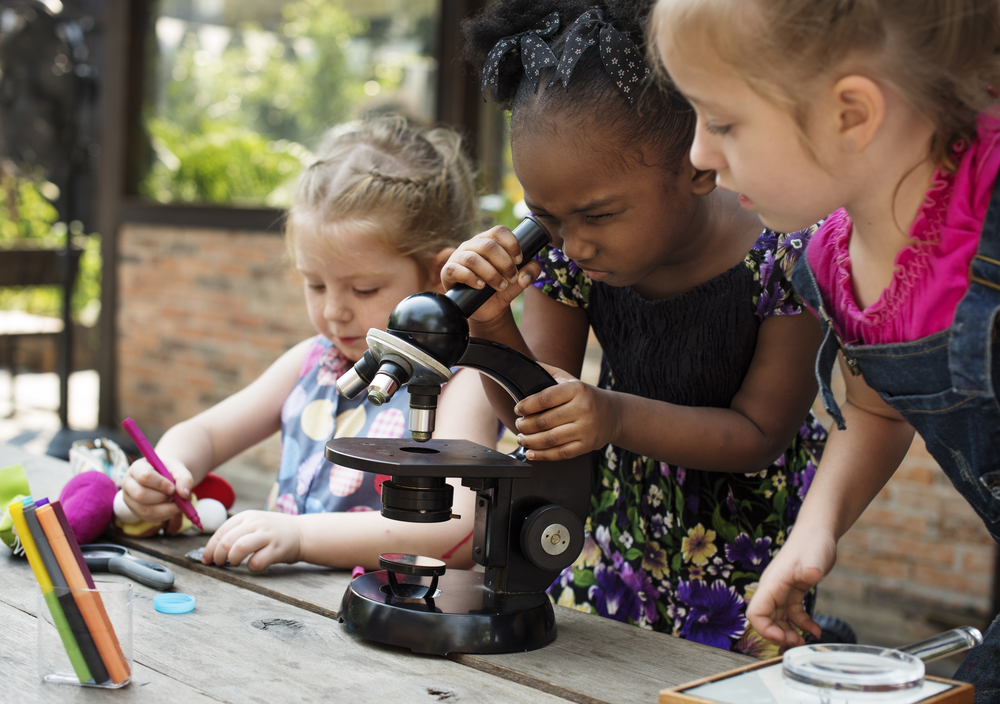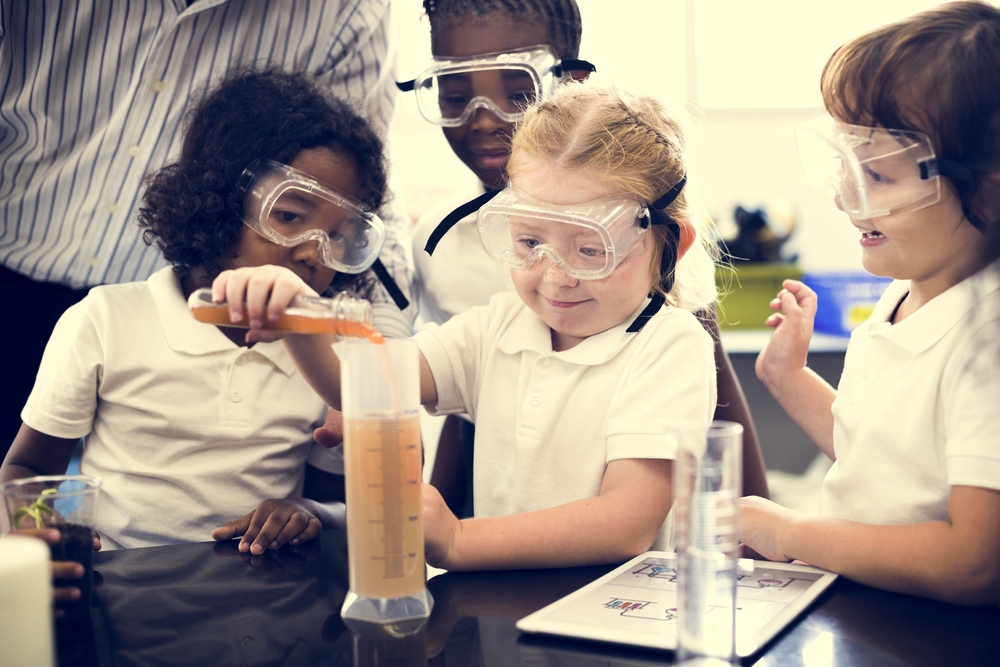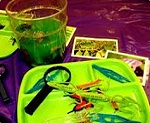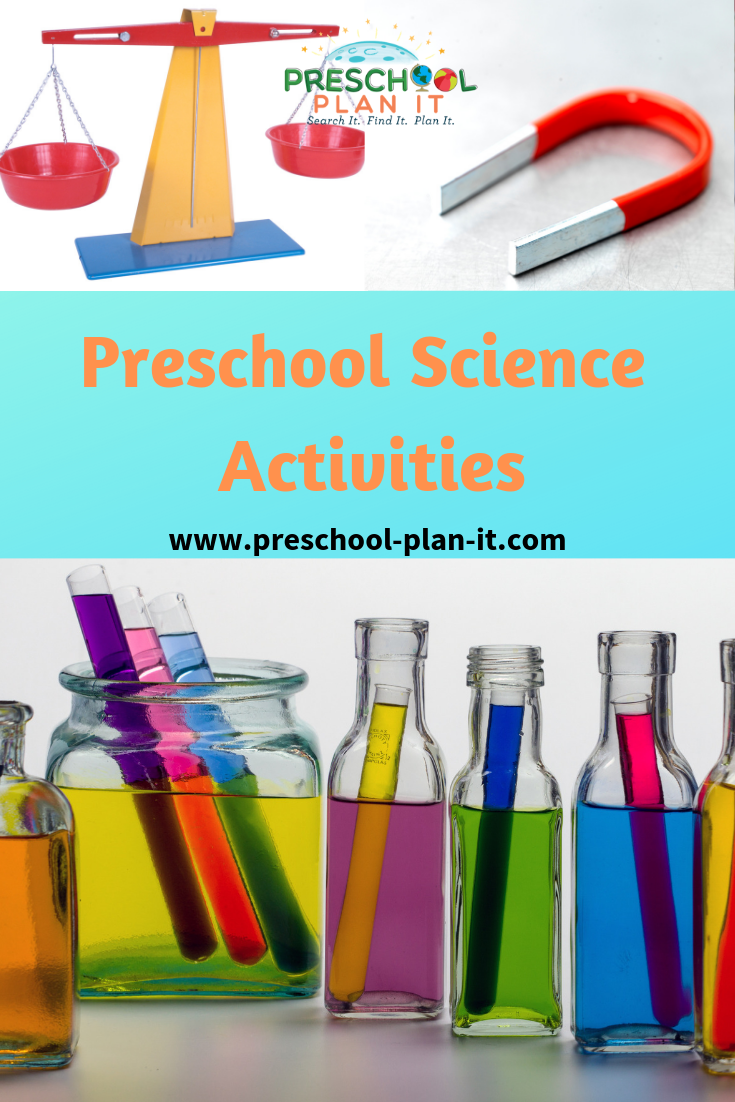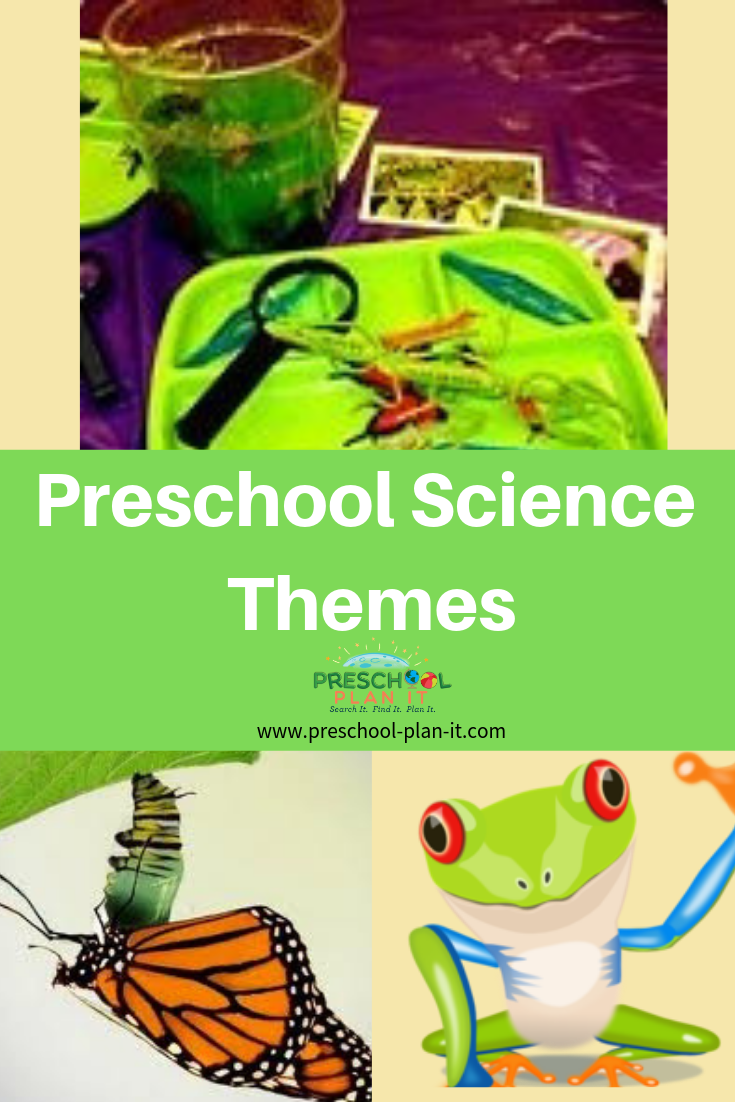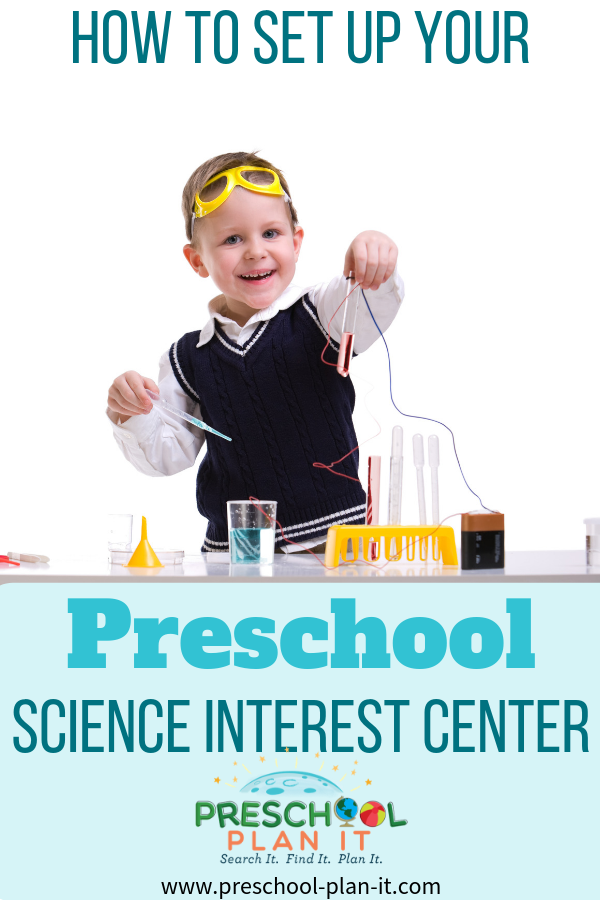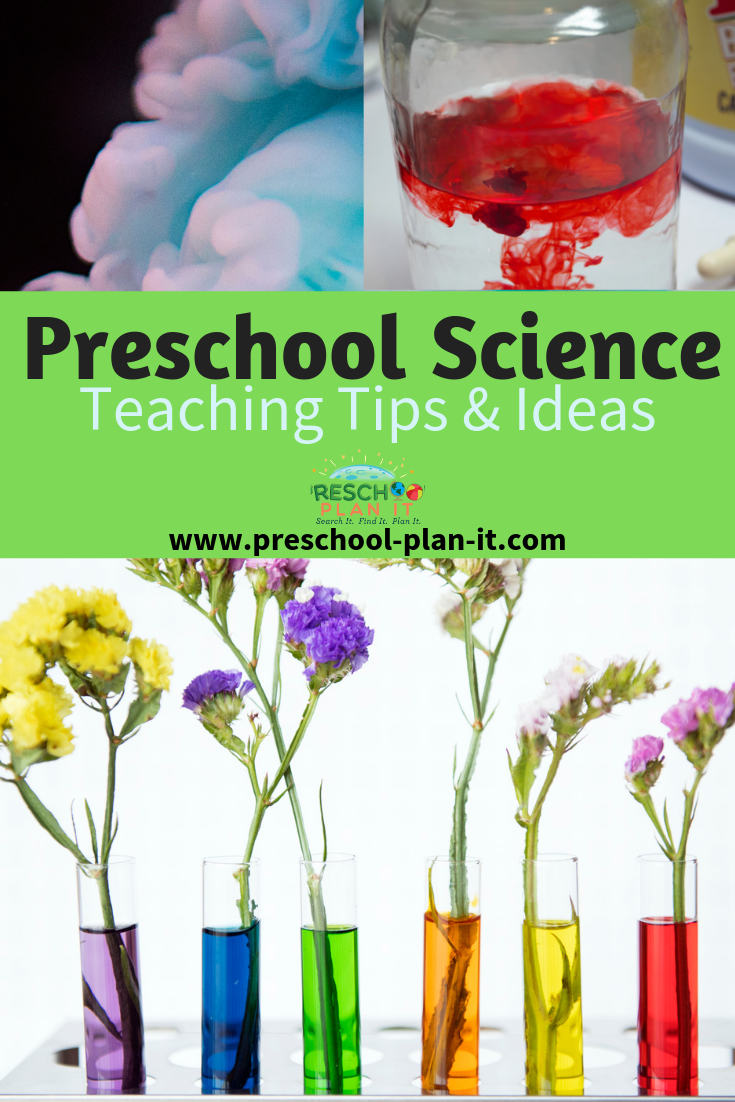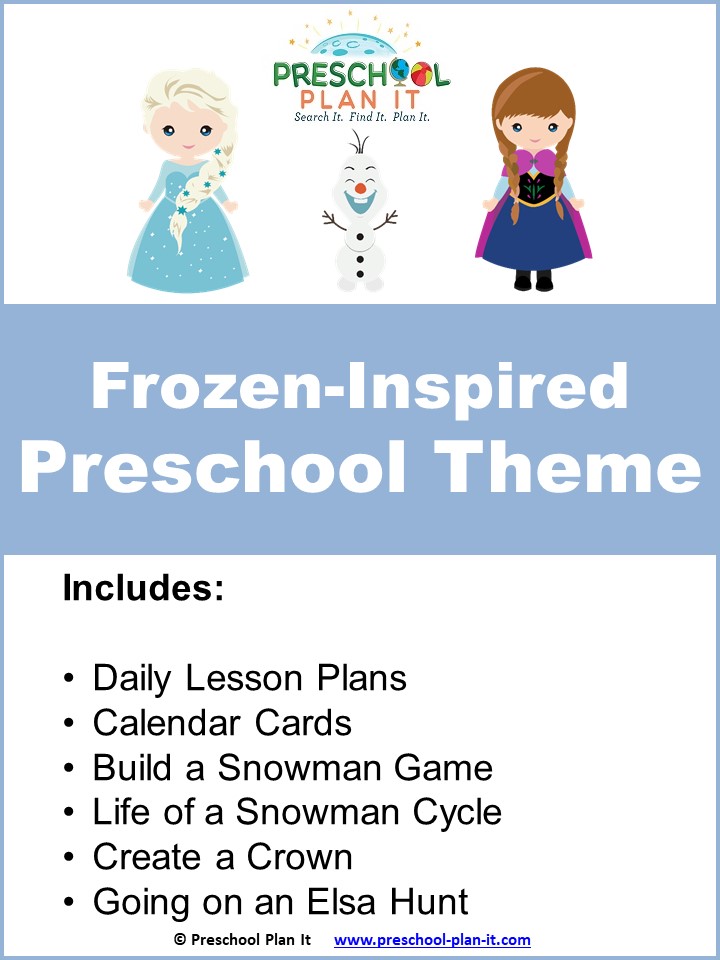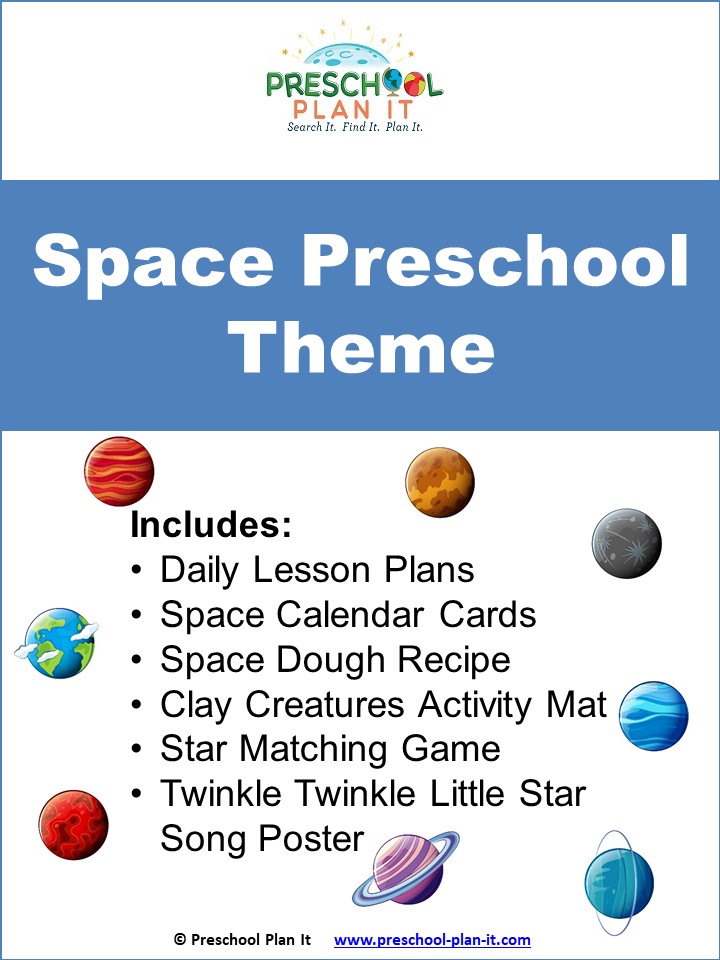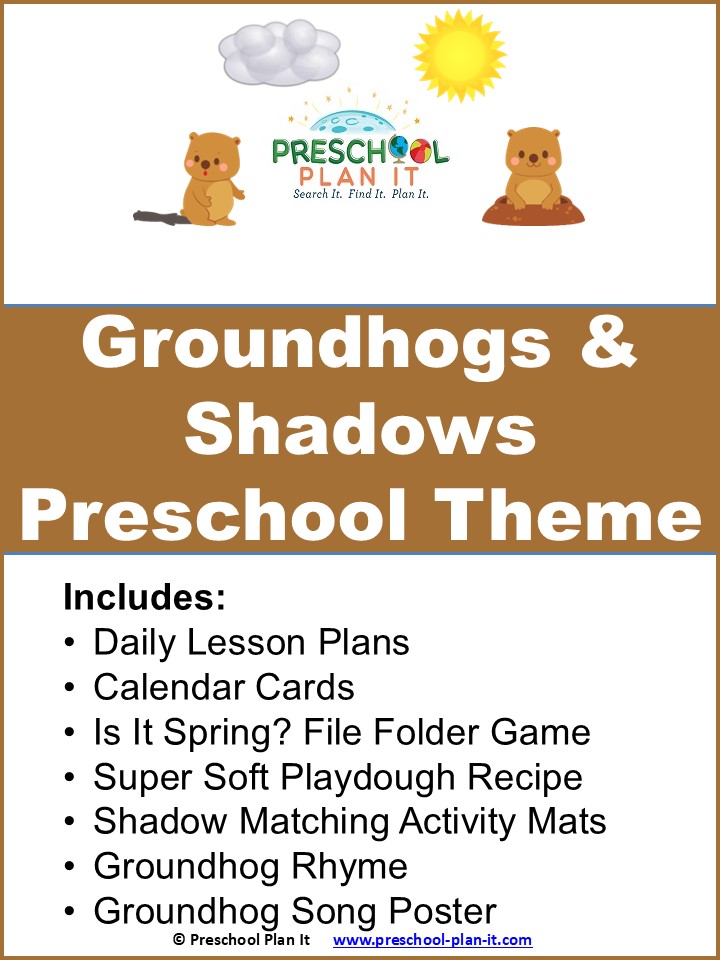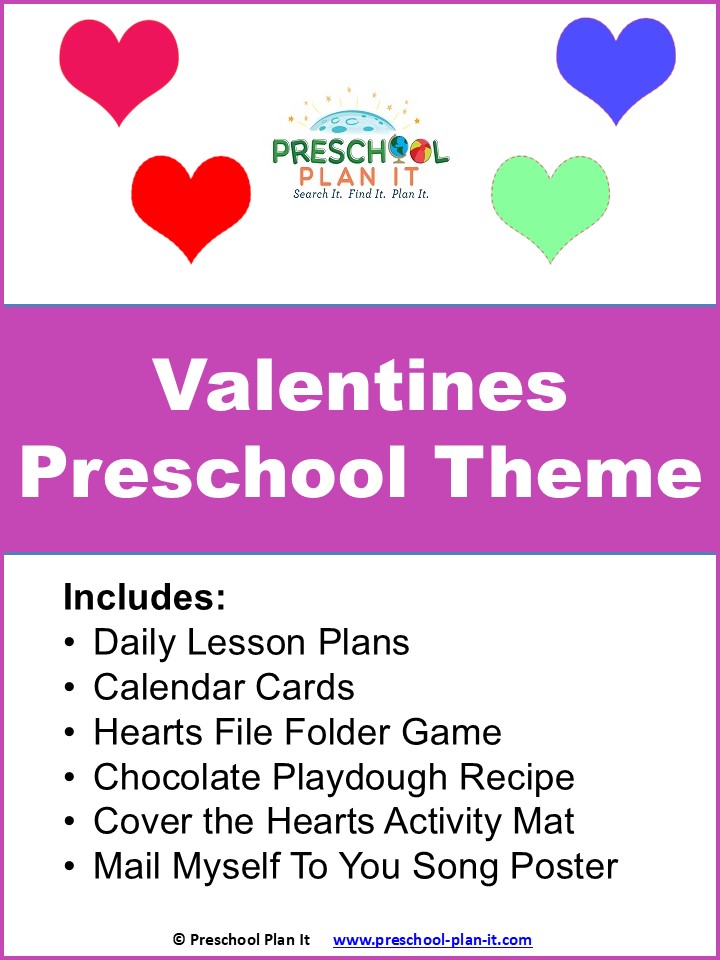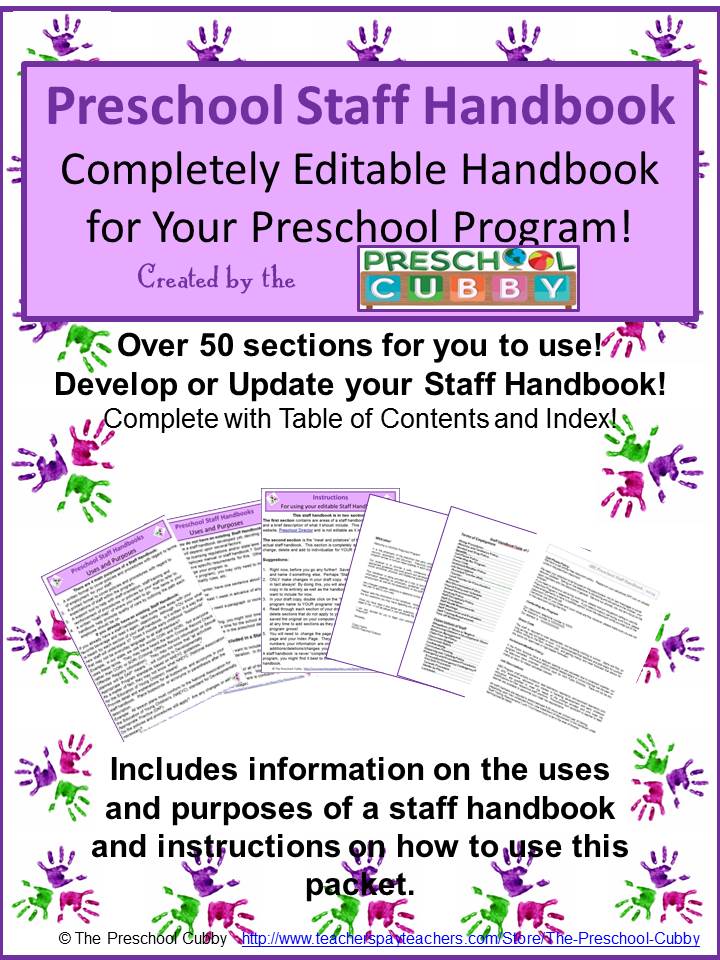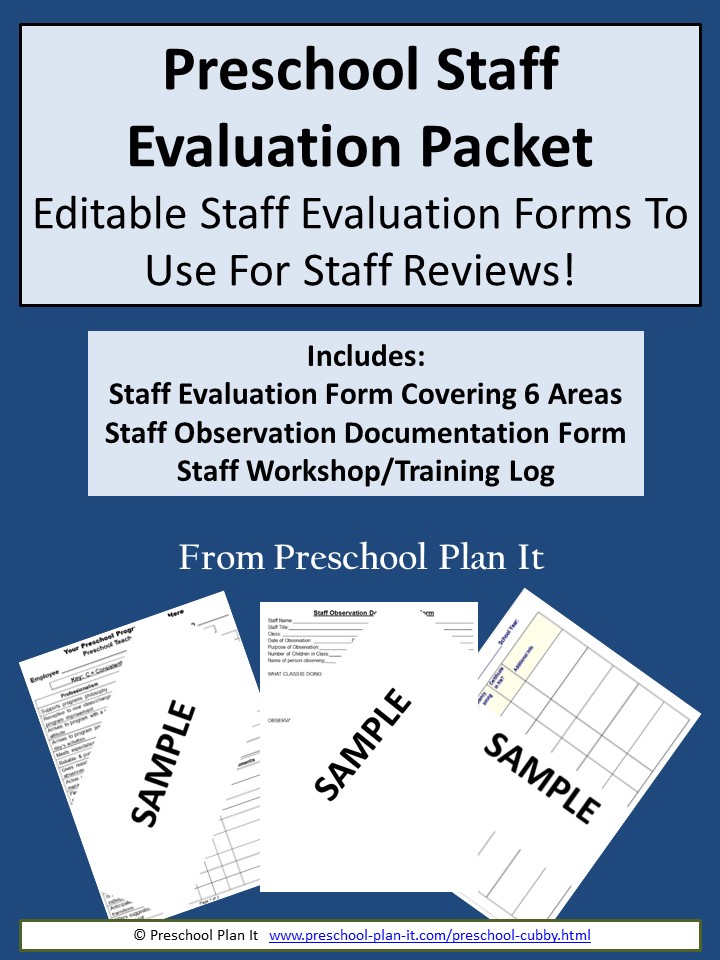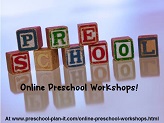- Theme Packs
- Themes
-
Preschool Planning
- Preschool Teachers
Preschool Science Concepts

Planning for the seven preschool science concepts (also referred to as science process skills or science learning objectives) is part of teaching preschool science.
Let's talk about each of those seven skills!
Science helps children develop and understanding of scientific concepts and develop inquiry skills.
There are seven basic science process concepts, or process skills, that preschoolers learn during the early years. Some of these concepts are higher level concepts that they may (or may not) master before kindergarten.
Knowing which process skills each of your students understand will help you to plan activities to support their current skills as well as to challenge them to use the next skill!
The Seven Basic Preschool Science Concepts
The 7 basic preschool science concepts are:
- Observing
- Comparing
- Classifying
- Measuring
- Communicating
- Inferring
- Predicting
Science and Math concepts are interrelated. In the field of Mathematics, the skills of classifying, comparing and measuring are referred to as Math Concepts. In the field of science, these skills are referred to as Process Skills. Basic preschool science concepts and skills are the foundation for the Intermediate Process Skills required in the elementary years and beyond.Let’s look more closely at the 7 preschool science concepts your preschoolers learn throughout their preschool years. Note how each skill prepares the way for the next.
1. Observing: Using the senses
Observing is the first step in gathering and organizing information. Children use their senses to observe. When given a collection of items (for example apples) children use their senses to observe attributes such as color, size, sweet/sour, texture, and soft/crunchy.
2. Comparing: Looking at similarities and differences
Once children have had time to explore items, they begin to compare. They begin to notice similarities as well as differences such as same and different colors, weights and sizes of apples.
3. Classifying: Grouping and sorting
Classifying is a higher level of comparing. After observing and comparing, the children can take the information learned and begin sorting and grouping. They begin to separate items based on observations. They may separate apples by those with and without stems, by size, by color, etc.
4. Measuring: Working with or describing quantities
The next skill is measuring. Children can measure in many ways as they spend more time with items. With our apple example, the children may determine which apple is larger or smaller by using a tape measure or ruler rather than determining this based on comparing each apple to each other. They may begin measuring weight by using a balance scale rather than estimating based on holding each apple.
5. Communicating: Describing ideas (in journals, with pictures, writing, graphs, etc.)
Communicating is a common process skill that many preschool children develop. With regard to science, this refers to the ways in which children share their observations and findings. This can be done in many ways: talking about their observations, keeping a picture journal, drawing pictures of their findings with the teacher writing down their thoughts.
These 5 skills- Observing, Comparing, Classifying, Measuring and Communicating- provide the skills needed to develop further the Intermediate - or higher level - preschool science concepts which are:
6. Inferring: Using gathered and organized information
This is where children use information they have or know from one experience and base their expected outcome of new experiences on patterns from previous experiences
Inferring is when children make sense or meaning out of the previous process skills. For example, your students have been helping to take care of a plant by watering it every other day. Your classroom is closed for a week. When you return, the plant is wilting. Your students notice that it is dry. You ask the children why they think the plant now looks the way it does. They may recall that plants need soil, water and sun. They may suggest the plant needs water.
7. Predicting: Making reasonable guesses or estimations based on observations and prior knowledge and experiences.
Predicting is when the child states what they expect will happen. For young children, this may at first be a guess based on two choices (will the apple sink or float). As children have more exposure to the previous science skills, they will develop higher level predicting skills that are based on previous experience and therefore not random guesses.
Activities that support the preschool science concepts provide opportunities for children to use “failure” to learn. Only by failing can they learn what works and what does not work to solve a problem.
You can help preschoolers develop a positive attitude toward failure by providing activities that challenge them (but not so many that they are frustrated). Get to know which science process skills your individual students understand.
For example, a child will be frustrated “predicting” what will sink and float if they have not had time or experience using different objects at the water table to observe or classify in an informal way.
Provide many activities that support their current knowledge skills and introduce higher level process skills over time.
More Preschool Science Information
Planning Preschool Science Activities
I create daily preschool science activities for Members of my Preschool Cubby membership program (you can learn more about that here).
Here are some preschool science activities you can provide your preschoolers with to get them started!
Preschool Science Interest Center
Many of your activities will be informal (meaning YOU don't need to facilitate them).
These are the types of activities you would have in your Science Interest Center.
Click here to learn how to best set this interest center up in your classroom and find what types of materials to have on hand!
Limited Space? No Problem!
If you are limited in space in your classroom, here's an article to help you provide science activities to your preschoolers each day in spite of a small classroom!
More Science Articles & Ideas to Dig Into Preschool Science Concepts


Hey there! Welcome to Preschool Plan It! I’m Cheryl, a preschool teacher of over 20 years.
I KNOW, I know, you spend hours of time developing your preschool themes, activities and preschool lesson plans each week. You are commited to planning preschool themes and activities that are engaging hands-on, interactive, fun AND meet the goal of supporting each child’s level of growth and development.
I am commited to providing you, the preschool teacher, with everything you need to develop preschool lesson plans and preschool activities for your classroom all in one place!
READ MORE
Join My Free Preschool Teacher Tips Newsletter
You’ll receive a weekly email with planning tips and teaching ideas.
You'll also receive (on the 1st of each month) a free theme starter pack with some printables and activity ideas to get you started planning a theme!Join Now and Get Your First Theme Right Away!
© Copyright 2010-2025 Preschool-Plan-It.com | All Rights Reserved | Privacy Policy & Disclaimer
- Preschool Teachers
